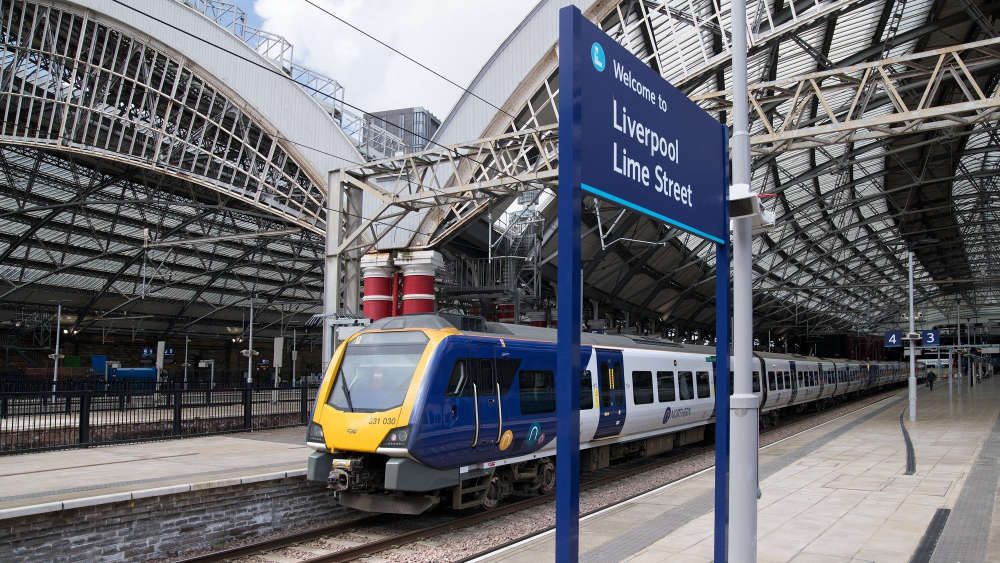
In his latest column, High Peak MP Robert Largan writes about sanctions imposed by the government on Russia and the impact the conflict in Ukraine is having in the United Kingdom.
Last week, Parliament passed a raft of new measures to crack down on dirty Russian money in the UK.
The landmark Economic Crime Act brings in three key new measures. First, a new Register of Overseas Entities will require all foreign owners of property in the UK to reveal their identity. Second, new powers will be introduced to strengthen Unexplained Wealth Orders. Third, changes will be made to the sanctions regime, making it easier for the government to impose and enforce them.
As a result of this Act, 370 new sanctions have been introduced, bringing the total number of individuals sanctioned since the invasion of Ukraine to over 1000, including Roman Abramovich, owner of Chelsea FC.
The UK has led efforts to coordinate an international response and to hit the financial institutions that prop up Putin’s regime. Key to this was the suspension of Russia from SWIFT, effectively blocking the ability of Russian banks to trade internationally.
Other measures have cut off whole sectors of the Russian economy from the UK, with the assets of all Russian banks now frozen and companies prohibited from trading.
As I write, the Russian Ruble has lost a third of its value and the stock market has been closed since 25 February.
In Parliament, I am pushing for even tougher sanctions and for the UK to step up our efforts to tackle money laundering with corporate transparency reforms.
Ahead of the Chancellor’s Spring Statement, it is important that we are honest about the cost of the conflict in Ukraine to the UK.
Back in January, I wrote in this paper about Russia’s intentions and the long-term impact of this crisis on the cost of living. After two difficult years of the pandemic, I know this is the last thing people want to hear.
The government has rightly taken the decision to stop the import of Russian oil and gas. But, again, this comes at a cost.
I welcome the measures that the government have already introduced to support households, including a £200 rebate on energy bills, a non-repayable £150 cash rebate for homes in Council Tax bands A-D, and an additional £144 million of discretionary funding.
Clearly, with the ongoing impact of Russia’s invasion of Ukraine, the government needs to look at further measures to help people cope with these rising costs.
I have already pushed the government to do more to cut the cost of home insulation. Over the coming days, I will continue to push for more action from the government ahead of the Chancellor’s Spring Financial Statement.
Read more from the Glossop Chronicle
Click here for more of the latest news
Click here to read the latest edition of the paper online
Click here to find out where you can pick up a copy of the paper


 Extra trains running for racegoers to the Grand National
Extra trains running for racegoers to the Grand National
 Bag a Vivienne Westwood
Bag a Vivienne Westwood
 Glossop mum gears up for Boston
Glossop mum gears up for Boston
 Cup delight for Glossop
Cup delight for Glossop

